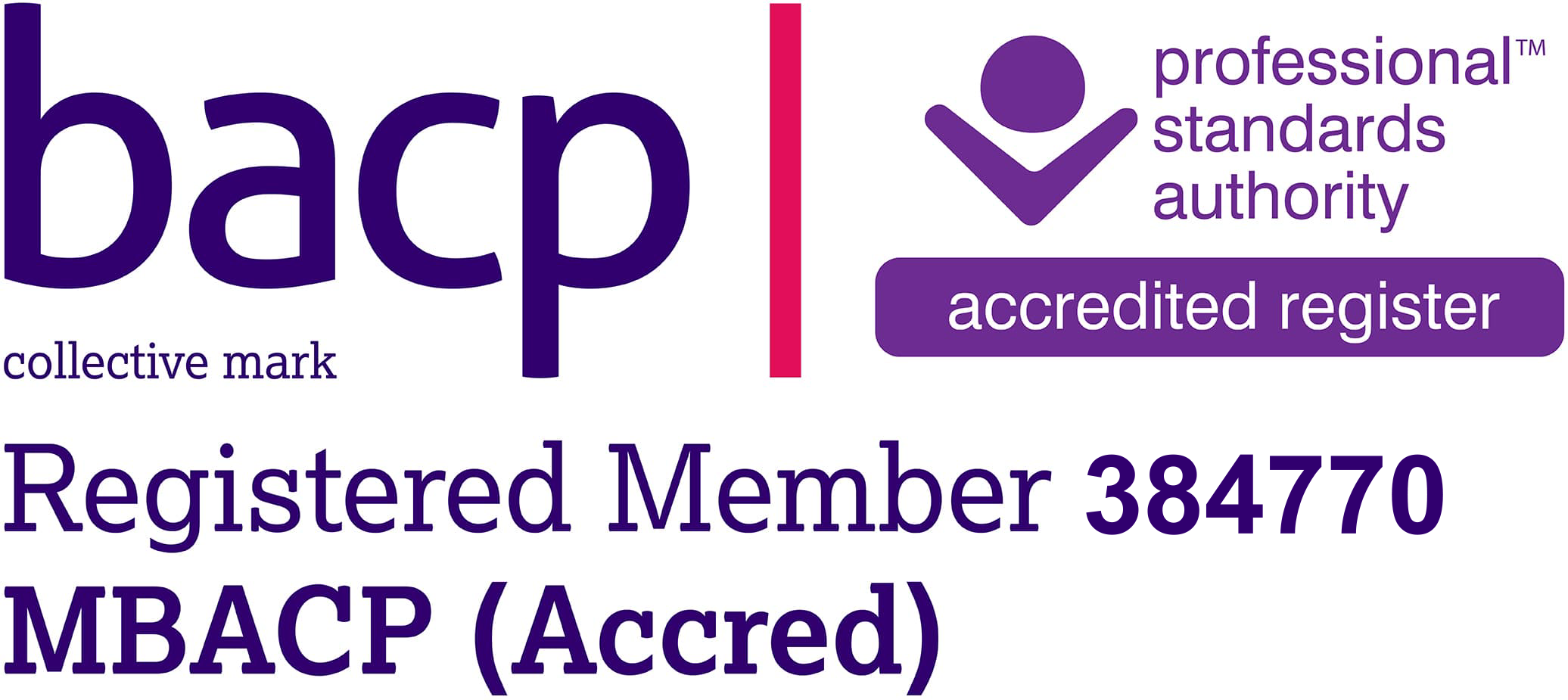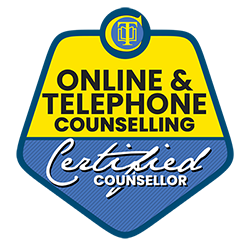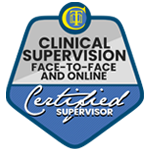So….what is counselling?

Fairly often, I’m sat with a client in a first session who asks something along the lines of, “I have no idea where to start, and at the moment I’m thinking, what good is talking going to do anyways? Like, what do we do?”.
And you know what?
It’s ok to think this!
Starting counselling can be daunting, confusing and actually, downright terrifying. So let’s start by taking a look at what counselling actually is first, then explore a little further how we might get started.
Counselling, therapy, psychotherapy.. what’s the difference?
Firstly, you’ve probably seen the terms counselling, therapy, and psychotherapy used interchangeably, but what’s the difference? The British Association for Counselling and Psychotherapy states that;
“Counselling and psychotherapy are umbrella terms that cover a range of talking therapies. They are delivered by trained practitioners who work with people over a short or long term to help them bring about effective change
and/or enhance their wellbeing”. You can take a look at the BACP’s PDF article on choosing a counsellor or psychotherapist here.
In the UK, counselling is not regulated by the government, but by organisations such as the BACP or UKCP, so it’s really important that you check your counsellor is registered with a governing body such as these, has completed an accredited course and has had their own counselling. Neither a counsellor, or a psychotherapist can prescribe medication; this can only be done by a psychiatrist, who is a doctor. A counsellor or psychotherapist can’t diagnose a mental health condition either; only a psychologist or a psychiatrist can do that.
Person Centred, Somatic experiencing, Sensorimotor, Psychodynamic, CBT, DBT, ACT, IFS, EMDR **
There are many, many different ways in which a counsellor will work, and this is where it can get a little overwhelming. Acronyms, approaches and abbreviations; you’d be forgiven for thinking some counsellor’s profiles could have been partially written by a cat walking across the computer keyboard.
Some counsellors (myself included) refer to the way they practice as something like “person centred and integrative”. In a nut shell, this means that there is a focus on the counselling relationship and client autonomy (an emphasis on the client following their own “internal compass”). There is also an offering of empathy and unconditional positive regard from the counsellor and a genuine “what you see is what you get” person in front of you. In addition to this, other modalities (the integrative part) are offered too, or weaved into sessions, such as a CBT exercise, or use of figures to explore parts of self.
You know what ultimately maters more than modalities, acronyms or abbreviations, though?
The relationship.
Research into counselling has found that one of the biggest indicators of whether counselling will be effective, is the relationship built between the counsellor and the client. This takes time, and like any relationship it can be tested, ruptured and repaired. If it isn’t working, then that’s ok too; we’re all unique and relate to people in different ways and to different degrees. Many people see 5 different counsellors before they find one who they really click with. You might also find that although you get along with your counsellor, the modality they use isn’t for you. This probably won’t be anything your counsellor hasn’t encountered before, and just like anything else which comes up for you, can be discussed and explored in a session.
“I have no idea where to start, and at the moment I’m thinking, what good is talking going to do anyways? Like, what do we do?”.
So where might we go from here? Well, sometimes, I might start by asking what it’s like for you, right here and right now, to be in a first counselling session? What is it that tells you you’re feeling anxious, or sceptical or overwhelmed? Why is now the right time for you to be here? What was it that brought you here today? What would be different in your life if counselling worked out for you? Often, we’ll pay regard to that sceptical part wondering what good talking is going to do anyways; is there a part of you which would rather not be here, and if so, what would that part like to share with you?
Sometimes, it’s not all about what you do in therapy. Sometimes, the doing is in the being; in relationship with yourself and another. In my view, this is the essence of counselling.
**I don’t necessarily endorse these modalities, they’re purely examples off the top of my head. Also, I in no way guarantee the accuracy of the wiki articles linked.
This blog is intended for information and educational purposes only and is not intended to replace professional mental health support including diagnosis and treatment. This blog remains the property of the site author, and any un-authorized copy or publishing is prohibited.



